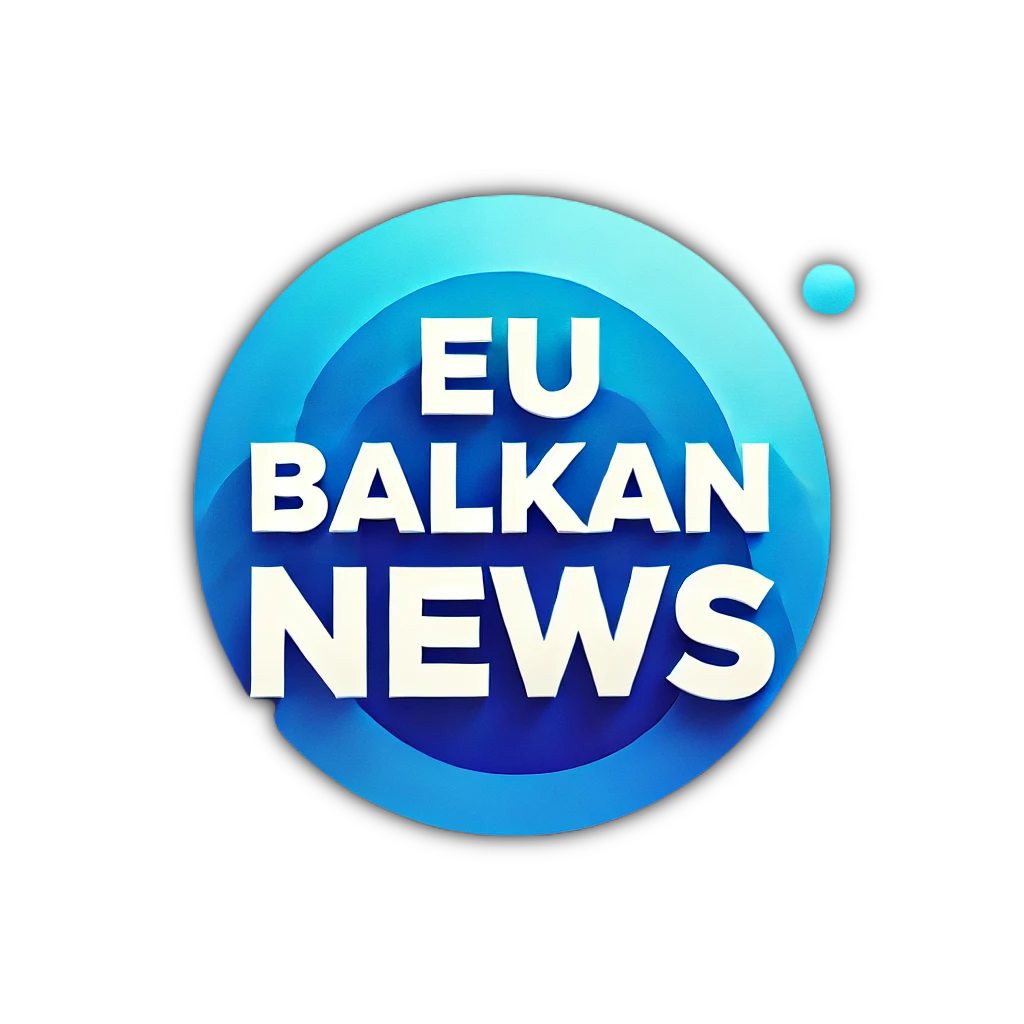There is growing concern over the high levels of illiteracy in Kosovo, with recent reports indicating that a significant portion of the population struggles with basic reading and writing skills. Educational experts and government officials are alarmed by the statistics, as they highlight serious challenges in the country’s education system.
The illiteracy issue is particularly prevalent in rural areas, where access to quality education remains limited. Many schools in these regions lack adequate resources, trained teachers, and modern infrastructure, contributing to the growing education gap. As a result, many students are leaving school without acquiring essential literacy skills.
The government has acknowledged the problem and is taking steps to address it. Educational reform initiatives are being discussed, including improving teacher training, upgrading school facilities, and increasing access to educational materials. However, experts believe that overcoming the issue will require sustained investment and a long-term commitment to improving the overall quality of education.
Civil society organizations are also playing a role, launching literacy programs aimed at helping both children and adults improve their reading and writing skills. These programs are particularly crucial for older generations, many of whom did not have access to formal education during times of political instability.
The high illiteracy rates pose a significant challenge to Kosovo’s socio-economic development. Experts warn that without immediate action, the country’s efforts to build a competitive workforce and foster economic growth will be hindered. Addressing illiteracy is seen as key to reducing poverty and enabling more citizens to participate fully in the country’s future.
As the government, educational institutions, and civil society work together to confront this issue, there is hope that future generations will have better access to education and opportunities to thrive in a more literate society.

